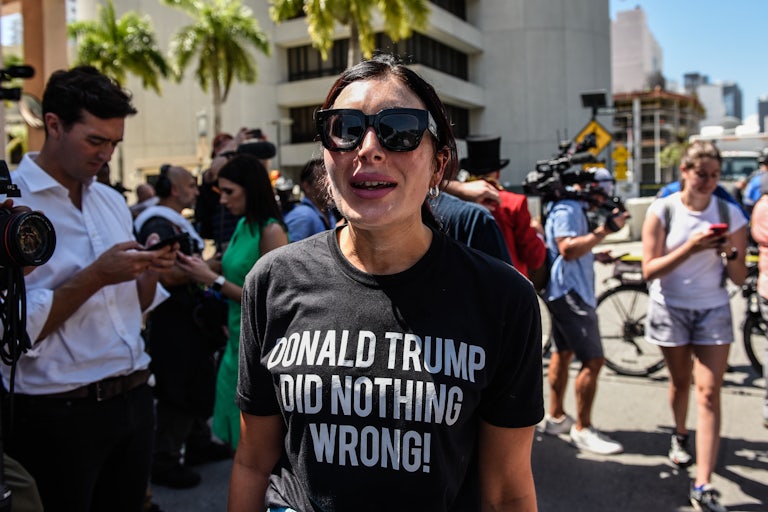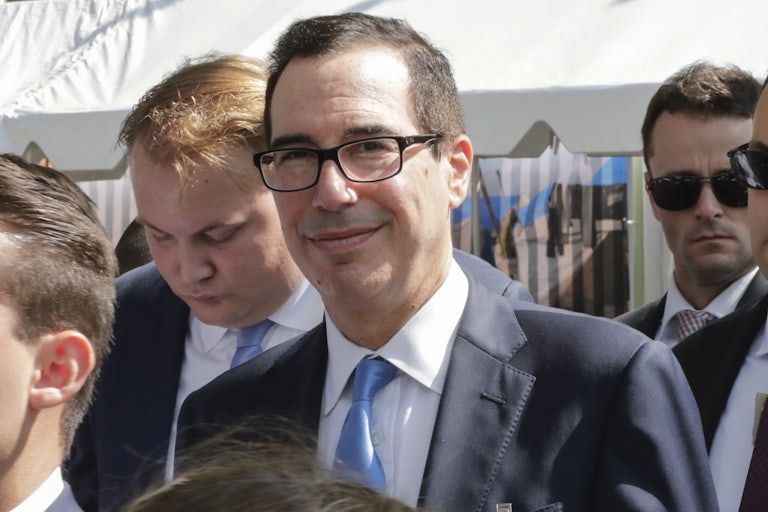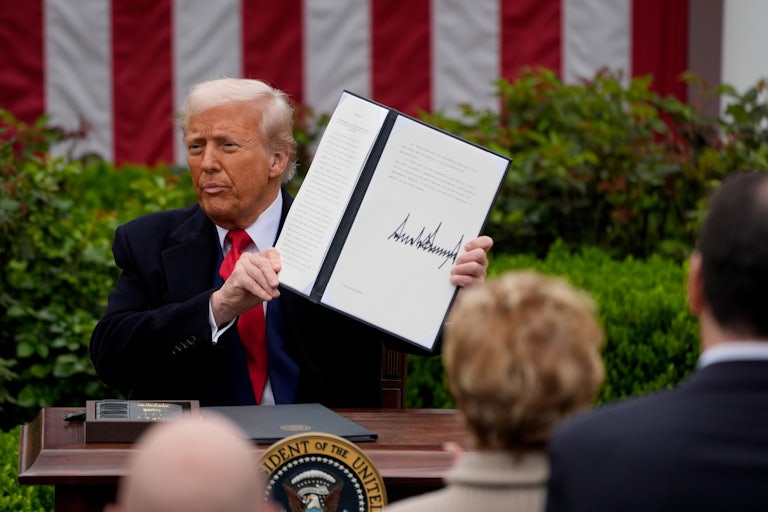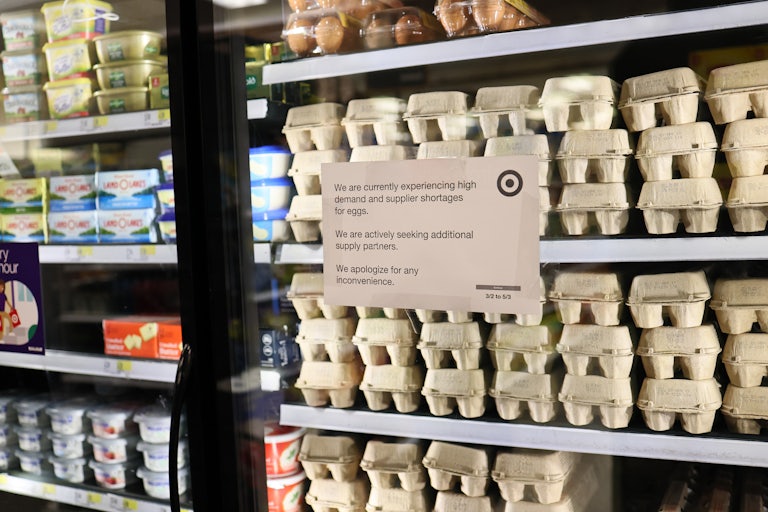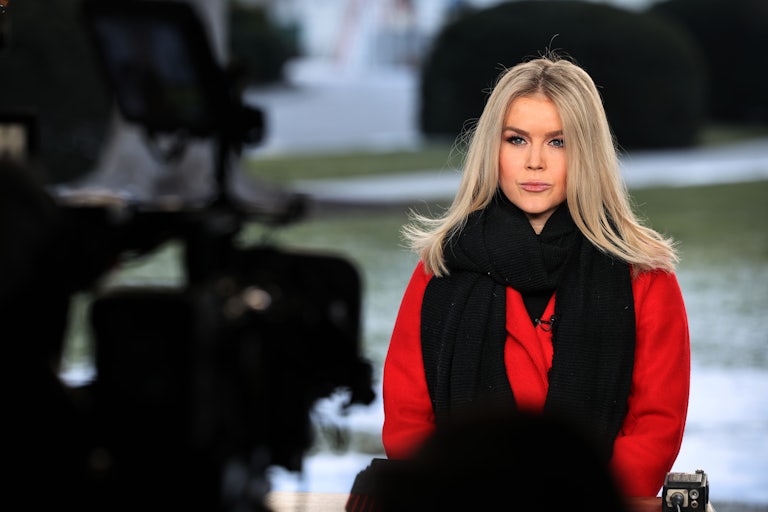Will Congress Stop Trump From Destroying the Economy?
A bipartisan Senate bill would give Congress power to stop the madness from the White House. Unfortunately, it is unlikely to pass the House.
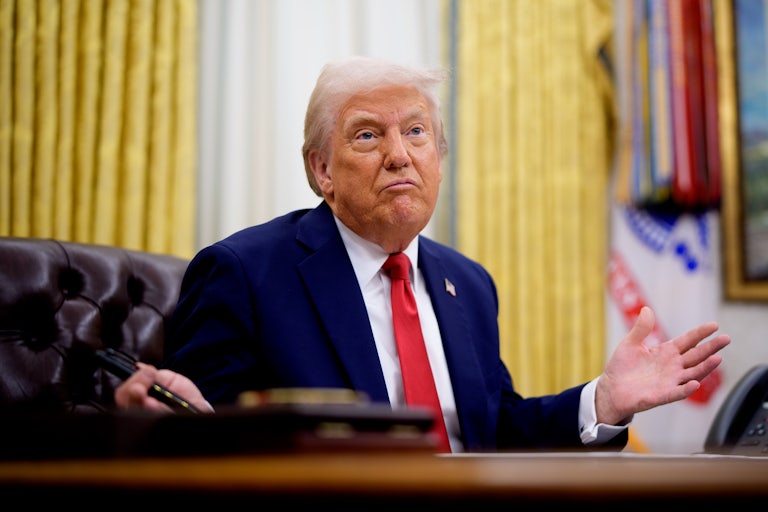
Republicans and Democrats in the Senate are proposing a bipartisan bill to try and rein in President Trump’s crazy tariffs.
Iowa Republican Chuck Grassley and Washington Democrat Maria Cantwell, both members of the Senate Finance Committee, are co-sponsoring the “Trade Review Act of 2025,” which would require congressional approval for the president to impose new tariffs, one day after Trump’s “Liberation Day” event upended international markets.
Specifically, Trump would have to notify Congress about new tariffs within 48 hours of imposing them, and then the House and Senate would have 60 days to approve them or else the tariffs would expire. According to the two senators, the bill is modeled after the War Powers Resolution of 1973, which places limits on the president’s ability to deploy troops overseas without congressional approval.
In a statement, Grassley said, “For too long, Congress has delegated its clear authority to regulate interstate and foreign commerce to the executive branch.”
“I’m joining Senator Cantwell to introduce the bipartisan Trade Review Act of 2025 to reassert Congress’ constitutional role and ensure Congress has a voice in trade policy,” the statement added.
Cantwell said that the bill was necessary to reassert “Congress’s role over trade policy to ensure rules-based trade policies are transparent, consistent, and benefit the American public.
“Arbitrarily, tariffs, particularly on our allies, damage U.S. export opportunities and raise prices for American consumers and businesses. As representatives of the American people, Congress has a duty to stop actions that will cause them harm,” Cantwell’s statement said.
But the bill faces little chance of passing, especially considering that its House companion has no Republican co-sponsors and would likely be blocked by House Speaker Mike Johnson. Johnson praised the tariffs on X Wednesday night, claiming that they “level the playing field for American workers and innovators.” Even if, by some miracle, the bill passes the House, Trump would likely veto it. The War Powers Act of 1973, moreover, has been proven time and time again to be toothless—presidents have deployed troops on a number of occasions without congressional approval.
It looks like the country will be in economic free fall for a while.

